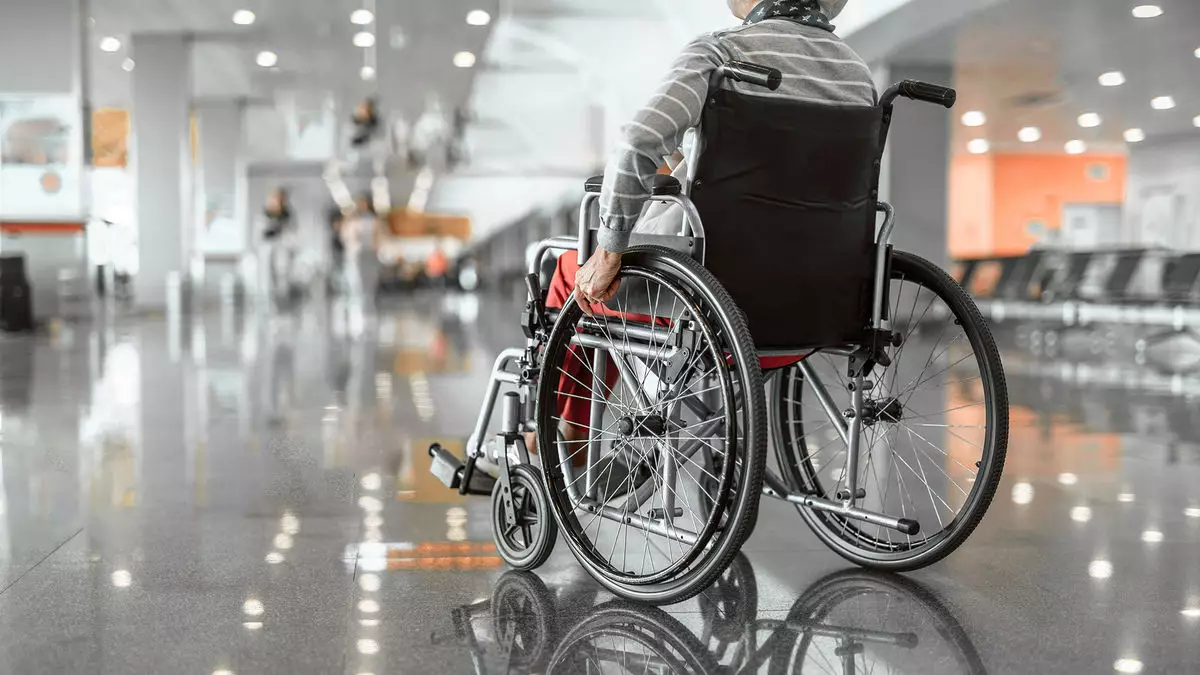In a significant move to enhance the travel experience for individuals using wheelchairs, the U.S. Transportation Department has implemented a comprehensive set of regulations aimed at safeguarding their rights. These changes follow persistent advocacy from disability rights groups, which have long pointed out the inadequacies in the way airlines handle wheelchairs and their users. The addition of clearer definitions regarding mishandled wheelchairs is a critical advancement, holding airlines accountable for returning wheelchairs in their original condition. According to the latest statistics, the ten largest U.S. airlines mismanage approximately 1.4% of checked wheelchairs — a rate that starkly contrasts the 0.6% for typical luggage — spotlighting the pressing need for reform within the industry.
As part of the new regulations, airline personnel tasked with managing wheelchairs will undergo annual training designed to better equip them for their responsibilities. This training will be essential not only before employees are allowed to handle wheelchairs but also as a continuing education requirement, thereby reinforcing the importance of proper care and management of mobility devices. While the recent FAA reauthorization bill set a standard for retraining every 18 months, the Transportation Department has opted for a more rigorous annual requirement, reflecting a commitment to enhance the professionalism in service delivery for travelers with disabilities.
The regulations introduce enhanced stipulations for airlines concerning the repair or replacement of damaged wheelchairs. These improvements are vital for travelers who may find themselves without their primary mobility aid, which can severely disrupt their journey and overall experience. Airlines will now be compelled to provide immediate assistance not just for boarding and deplaning but also for making necessary flight connections. Furthermore, the requirement for airlines to publicize cargo hold dimensions will empower travelers to make informed decisions prior to booking, ensuring that their equipment will fit without complications.
DOT Secretary Pete Buttigieg heralded these new rules as a pivotal shift in air travel standards, emphasizing that they are designed to protect the dignity and safety of all passengers, particularly those with disabilities. This legislation signals a broader recognition of the rights of wheelchair users, establishing critical guidelines that promote not just compliance but a fundamental respect for all passengers. The timeline for these regulations’ implementation varies, with full enforcement expected by June 2026, allowing airlines a structured period to adapt to these much-needed changes.
The new regulations by the Transportation Department mark a vital step forward in making air travel more inclusive for individuals who rely on wheelchairs. By addressing mishandling, enhancing employee training, and inferring stringent guidelines on assistance and care, these measures reflect a growing commitment to accessibility. As the travel landscape evolves, these protections will not only foster better experiences for travelers with disabilities but also pave the way for a more accommodating airline industry overall. This proactive approach sets a precedent for the future of transportation, where the dignity and safety of every traveler are prioritized.

